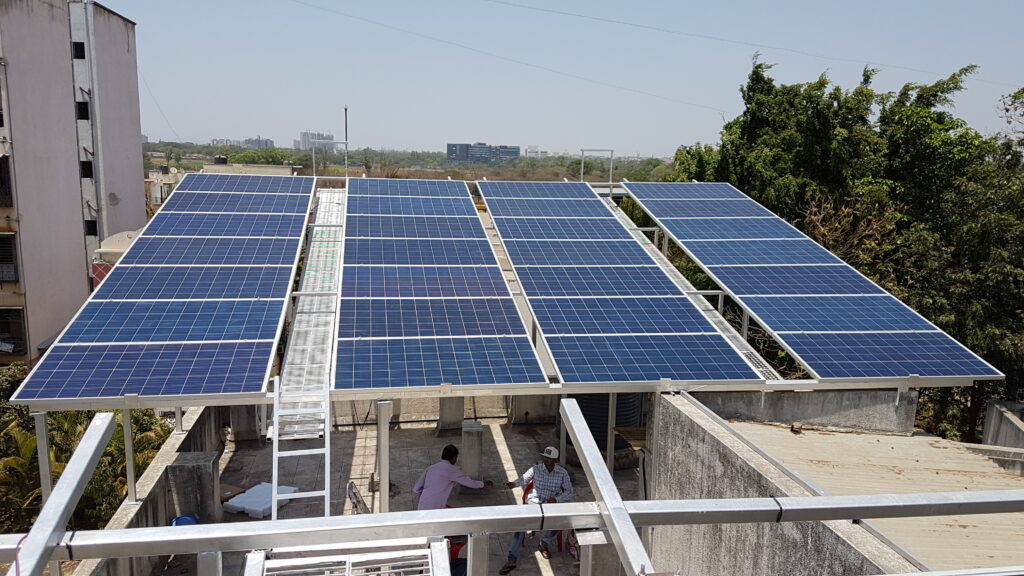Introduction: Solar energy has become an increasingly popular choice for homeowners seeking a sustainable and cost-effective power source. By harnessing the sun’s energy, solar systems offer numerous benefits, including reduced electricity bills and a reduced carbon footprint. To ensure you get the most out of your solar system, here are some valuable tips to optimize its efficiency and performance.
Choose the Right Placement: The placement of your solar panels plays a crucial role in their performance. Ideally, panels should be installed where they receive maximum sunlight exposure throughout the day. Avoid shading from trees, buildings, or any other obstructions that may hinder sunlight absorption. South-facing rooftops generally receive the most sunlight in the northern hemisphere, while north-facing rooftops are ideal for the southern hemisphere.
Regular Cleaning and Maintenance: Proper maintenance is essential for keeping your solar panels in optimal condition. Dust, leaves, bird droppings, and other debris can accumulate on the panels and reduce their efficiency. Regularly clean the surface of the panels with a soft brush, water, and a mild detergent. Additionally, inspect the system for any signs of damage, loose wiring, or faulty connections and have them promptly repaired by a professional.
Monitor Energy Consumption: Monitoring your energy consumption allows you to understand how your solar system performs and identify any areas for improvement. Keep track of your energy production and usage through a monitoring system or by analyzing your electricity bills. This information can help you identify patterns, adjust your energy usage habits, and determine if additional adjustments or upgrades are necessary.
Optimize Energy Usage: To make the most of your solar system, it’s important to optimize your energy usage. Try to use energy-intensive appliances, such as washing machines or dishwashers, during daylight hours when your solar panels are producing electricity. By aligning your energy usage with solar production, you can maximize self-consumption and minimize the reliance on grid electricity.
Consider Energy Storage: If you live in an area with net metering or have time-of-use electricity rates, energy storage can be beneficial. Solar batteries allow you to store excess electricity generated during the day for later use, such as during the evening or when the sun is not shining. This helps to increase your energy self-sufficiency and reduce reliance on the grid during peak demand periods.
Opt for Energy-Efficient Appliances: Using energy-efficient appliances throughout your home can significantly complement the benefits of your solar system. Replace outdated appliances with ENERGY STAR-rated models that consume less electricity. Energy-efficient lighting, smart thermostats, and other energy-saving devices can further reduce your overall energy consumption, ensuring your solar system meets a larger portion of your household needs.
Conclusion: Investing in a solar system is an excellent way to harness clean, renewable energy and reduce your carbon footprint. By following these tips, you can maximize the efficiency and performance of your solar system, resulting in greater energy savings and a more sustainable lifestyle. Remember to consult with solar professionals for personalized advice and to stay updated on the latest advancements in solar technology to further optimize your system’s performance. Embrace the power of the sun and enjoy the benefits of your solar system to the fullest.

